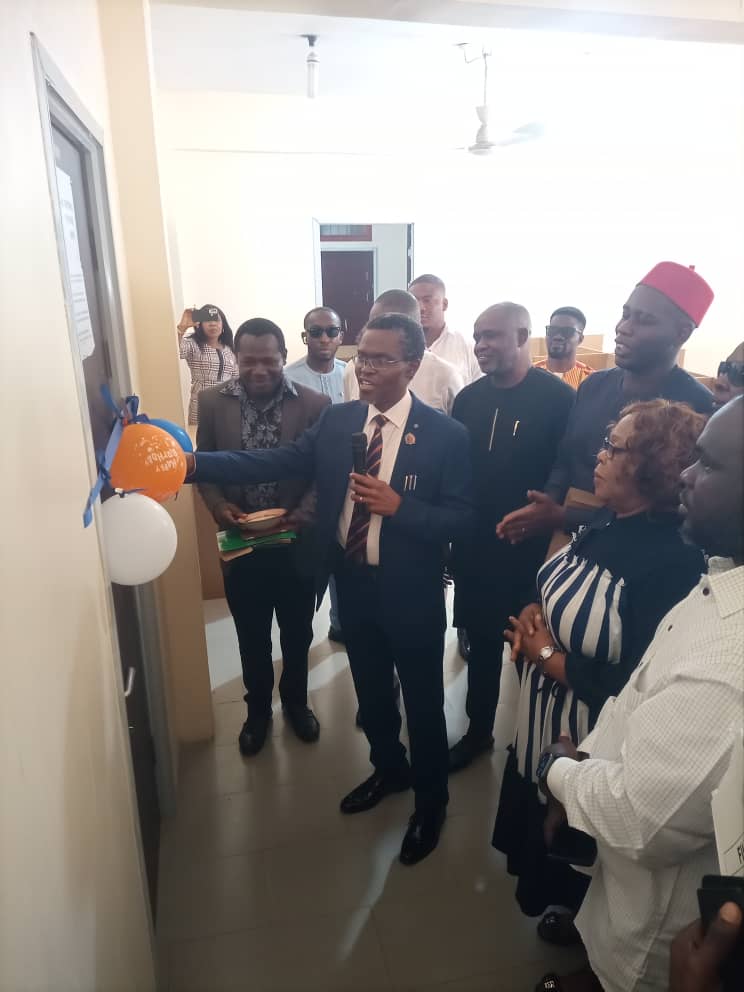Lawrence Nwimo, Awka
Acting Vice Chancellor, Nnamdi Azikiwe University, Awka, Anambra State, Professor Joseph Ikechebelu, has assured uninterrupted electricity supply following commencement of installation of prepaid and postpaid meters in the university community.
Ikechebelu gave the assurance while flagging off of the meter installation, commissioning of Vending/Control Room and equipment and signing Memorandum of Understanding (MoU) with Sabrud Consortium Nigeria Limited.
He commended the task force committee for prompt delivery on its mandate, assuring metering of all facilities in the institution in no distant time.
He said, “I’m the happiest person today for the simple reason that this is the first time such is happening in the university.
“When I assumed office, I thought of what to do to change the nightmare narrative in terms of electricity so as to have progressive staff and students.
“Light, water and food remain the basic necessities of life. You can’t think and talk of innovation and discovery with empty stomach and in darkness.
“What started as joke is now a reality. We can now boast of audit of our electricity consumption and appropriate payment. That’s why we came up with the Light up UNIZIK mantra.
“With this development, we can now hieve sigh of relief, especially in terms of what we spend on running generators.”
The UNIZIK boss however charged the firm to ensure efficient service delivery to guarantee sustenance of the partnership.
Earlier, Chairman, Task Force on Electricity, Comrade Stephen Ufoaroh, thanked the VC for the opportunity to serve, expressing joy that the mandate of restoring power supply and ensuring its steadiness had been realised.
He said the choice of Sabrud Consortium Nigeria Limited from over five vendors that applied after rigorous scrutiny, was informed by its quality, indigenous and proximity advantage, especially with regards to emergencies.
Responding, Managing Director Sabrud Consortium Nigeria Limited, Mr Chiso Nwangwu, said the initiative was informed by the distribution firm’s exorbitant charges and the challenge of proper management of power by the university.

